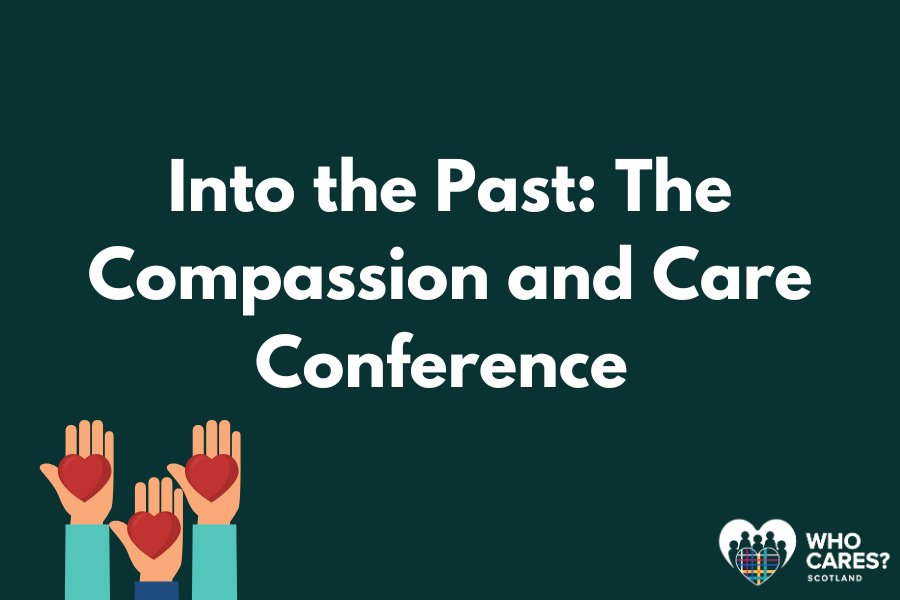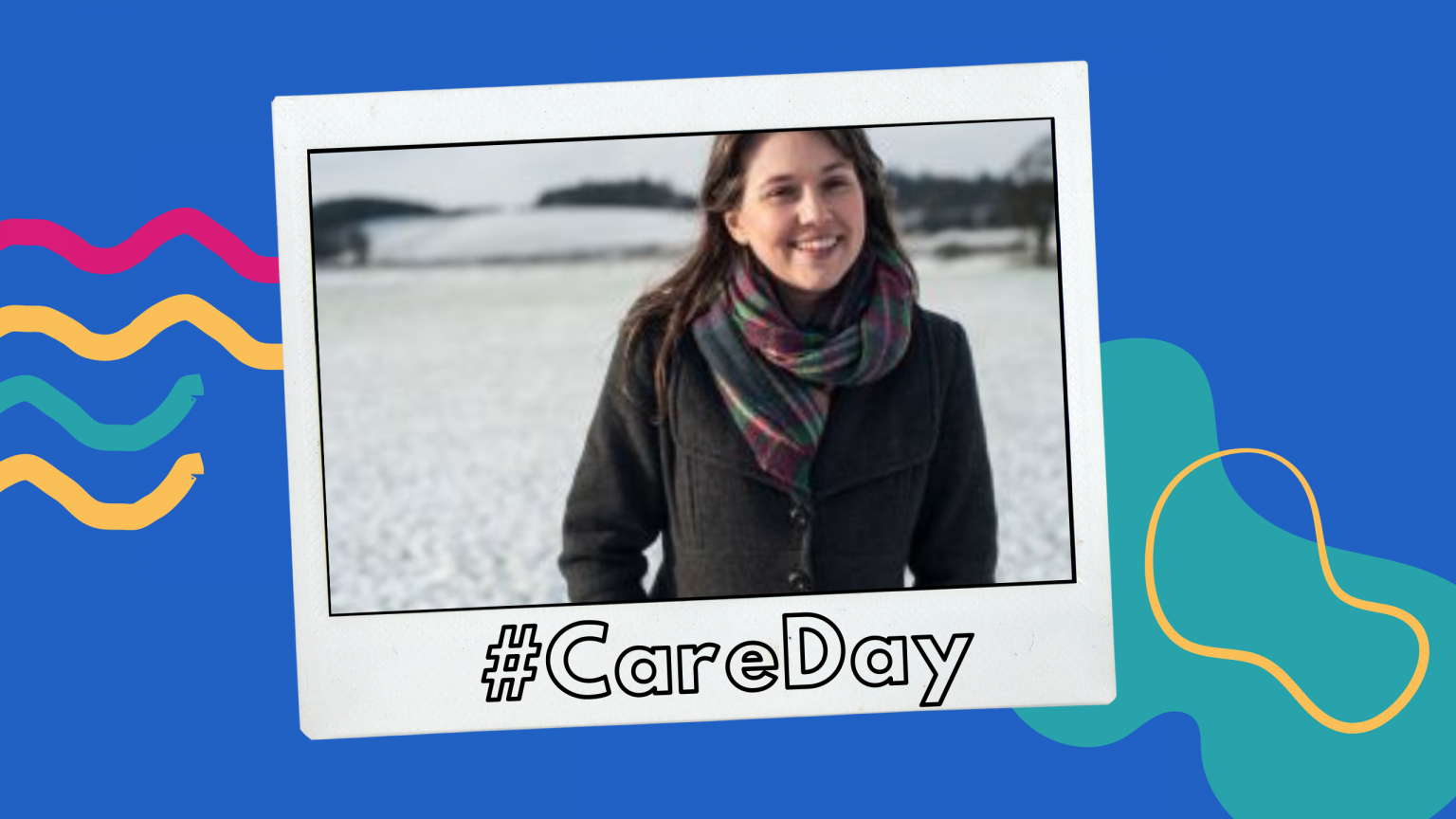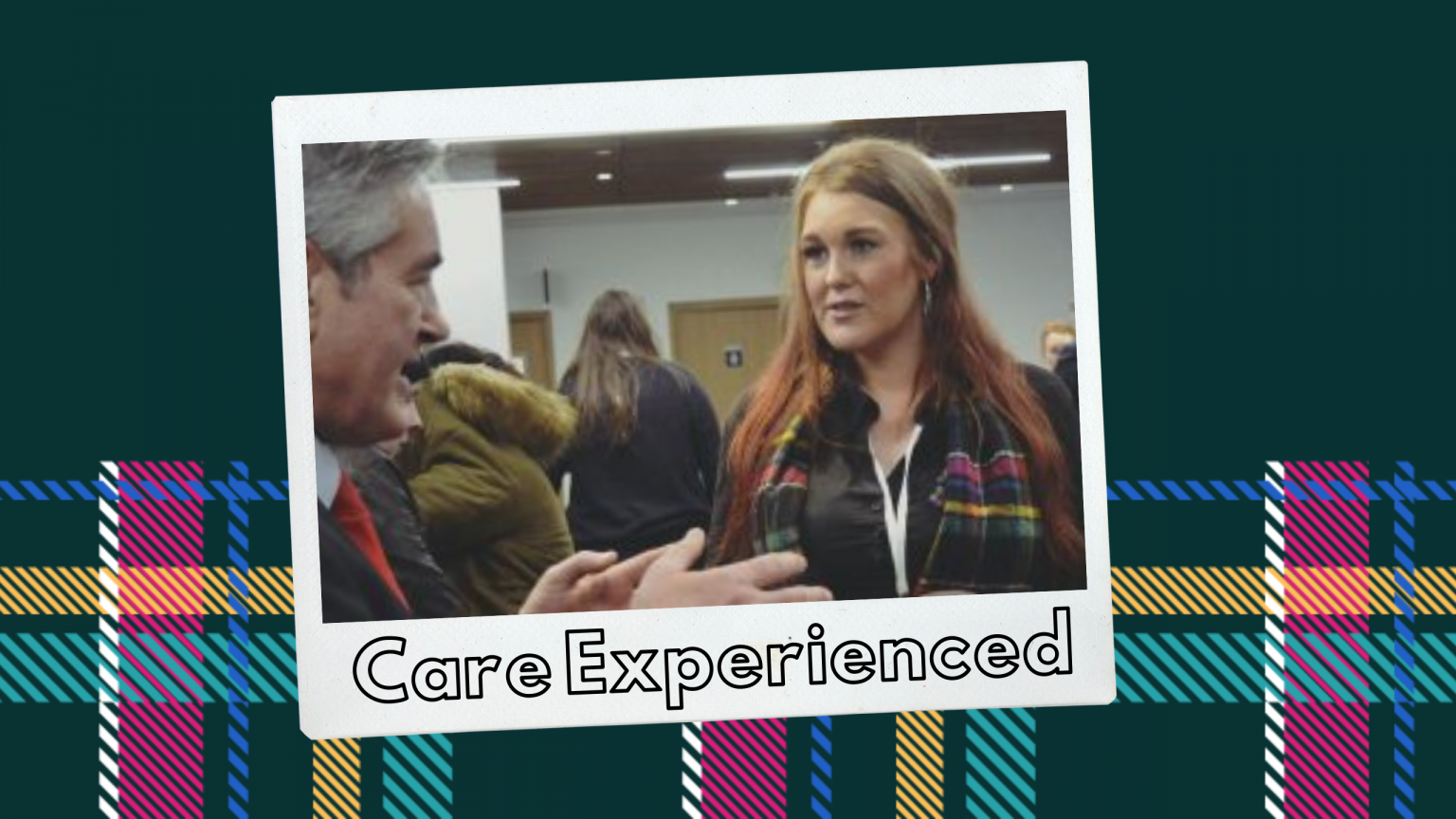In March, two members of our National Representative Body, Marissa Roxburgh and Amie Tait, joined Melissa and Susie from our Communications and Events Team on a trip to Manchester. The group was there to attend a two-day conference which was exploring the emotions and experiences in the history of care. Here Marissa shares what the Compassion and Care conference was like.
I was really looking forward to the trip. I wanted to learn more about the history of care across a range of different countries and time periods and thought this would be a great opportunity. I was also working on my dissertation for my final year of university which explores the importance of identity for Care Experienced people. I thought this would be a brilliant chance to improve my research by gaining more knowledge about history which in turn, would help with my understanding of the care system today.
As the conference was in Manchester, we took a road trip down the night before and got to have dinner at Ruddy’s – a well-known pizza place which I definitely recommend if you’re ever there! The conference programme was packed with lots of different presentations. So, the next two days were spent in one of the historic rooms in the John Rylands Research Institute and Library which was like something out of Harry Potter – in fact, parts of the building were featured in the films! There was a range of speakers from different organisations across the UK and even from other parts of the world including Australia, India and Canada. We heard about lots of different topics including; the experiences of children in care in London; the importance of involving Care Experienced people in research; female reformatory and industrial schools; the HMS Mars; Care Experienced children in 19th century Lisbon; and the Edinburgh Orphan hospital. The days were a bit long but they were really interesting.
There were aspects of the history of care that I had no idea about before.
I enjoyed lots of the presentations but the one that stuck with me the most was about the history of care in Wales. It highlighted their emphasis on the importance of keeping siblings together even back in 1880 which is a conversation we’re still having in Scotland today. The talk shared how although large sibling groups sometimes had to be separated, they were placed close to each other so that they could maintain their relationships.
Overall, I’m glad to have attended the conference and be part of the trip to Manchester. It was lots of fun and I also learned loads of care history which I wouldn’t have otherwise.
For me, it’s important for this knowledge to be shared especially across countries. It provides a greater context and through shared learning it can help improve care for the future.
It lets us know what to improve and what should stay in the past.
This article was written by Marissa Roxburgh.









